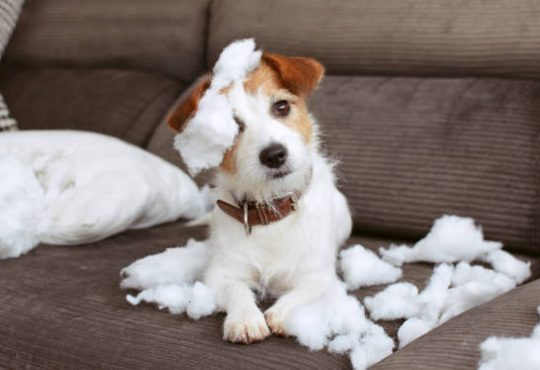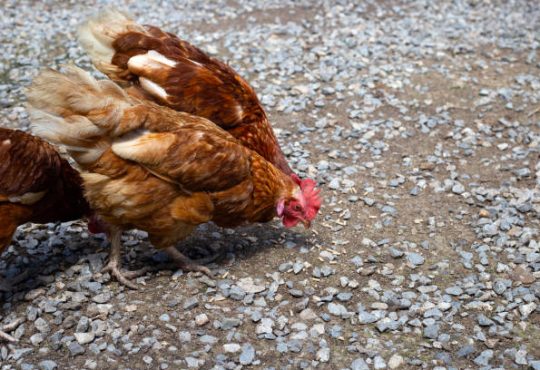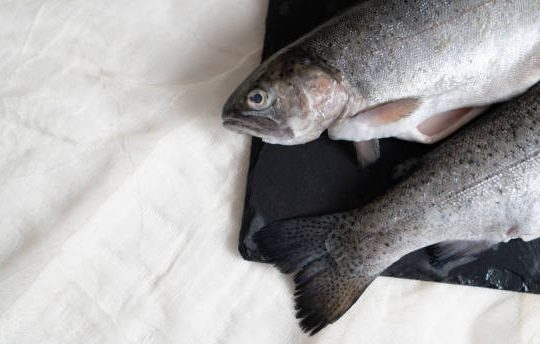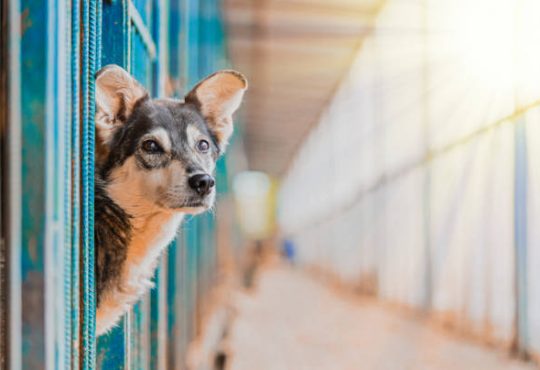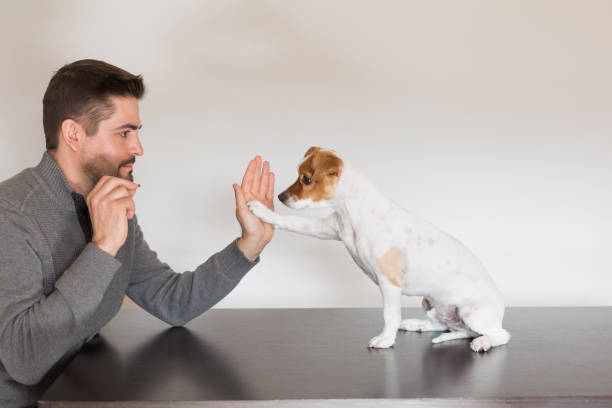
How to stop puppy biting
It’s exciting to bring home a puppy. It’s not just puppy breath and fun–soon, your Puppy will bite everything in their path. Why do puppies bite so often when they’re young? Is this normal? Is it normal? When is it a sign that there’s something wrong?
This article will help you understand the behavior of your Puppy when it bites and how to teach him (and her) to do so. Use their mouths appropriately.
Why do puppies bite?
It is normal for puppies, during play or exploration, to use their teeth. This is how puppies learn about the world and plays a vital role in their socialization. Not to mention, puppies also chew on everything–including you and your clothes–while they are teething.
It’s Exploring the World
They learn from other puppies, their parents, and inanimate objects. They get sensory information on how hard they can bite that object, the taste, and if they should change their behavior.
A puppy’s bite may be affected by the feedback they receive, such as the taste or consistency of an object or their reaction. They might continue to bite ch, increase the bite pressure, or even stop.
Teething in your Puppy
The adult dog teeth begin to appear when your Puppy is between 12-16 weeks of age. Your Puppy’s gums might be sore at this time. This is why Puppy biting peaks around 13 weeks of age.
You may notice that your dog is chewing more on things, including you, your clothing, or even your hair.
It’s Play Behavior
Some puppies bite or nip to encourage play. They learn an important skill when they bite each other: bite inhibition. Play Biting teaches puppies how to apply pressure with their teeth and what happens if they bite too hard.
Let’s say Puppy A is playing with Puppy B. Puppy bites Puppy too hard, causing pain to Puppy. Puppy will cry and may move away from Puppy.
Puppy A will learn through this interaction that other puppies will not play with him if he bites them too hard. Puppy A softens his bites to avoid the play ending with Puppy B.
Some puppies will learn by playing with other puppies, while others may need to play multiple times to soften their bit.
You will find that your Puppy bites you to play because this is what they consider to be normal dog behavior. You will need to know how to react so that your Puppy receives clear and gentle instructions.
If Your Puppy is Chewing Your Belongings
Plan mental stimulation sessions, exercise, and play for your Puppy. They will also need sleep time that is not disturbed. Your Puppy will chew on things (or even you) when they are bored or overtired.
Give your dog a variety of toys to chew and remove other household items that are within reach. You can redirect your Puppy to a suitable toy if you notice them biting inappropriate objects in the home. Praise them when they start playing with the toy.
When Your Puppy Teeth
The toys are made of softer materials to avoid harming the teething gums or adult teeth. Teething-friendly toys can include:
When your Puppy is playing with toys, always supervise them to ensure they don’t swallow small pieces.
When Your Dog Bites You, Play!
If your Puppy is biting to begin play or while playing and won’t be directed to a toy, then get up immediately and leave the area. You can go into another room or on the other side from a barrier or gate so that the Puppy cannot follow. Stay out of the area for about 30 seconds. Return to the site and get a new toy. This process may have to be repeated.
When your dog is tired, they may bite more. You may have to encourage your Puppy to nap.
Do not encourage your Puppy to nip by encouraging him to chase after your fingers or toes. Your Puppy’s teeth will become sharper and bigger as they grow. It is not fun to bite a puppy that has been nipped.
What questions do you have about your new pet or animal?
We are here to assist you, free of charge.
Every day from 6 am to midnight ET.
Book your Free Consultation NowExclusions apply. Virtual consultations are an alternative to office visits. Our telehealth staff does not diagnose, prescribe, or treat.
How to Stop Your Puppy from Biting
It’s important to manage this behavior. While biting puppies is part of the dog’s normal development, you should still be patient and consistent. Be patient and consistent. You can seek professional assistance if you’re frustrated with your Puppy’s behavior. This could be from a behavior consultant, a veterinarian, an animal behaviorist, or a behaviorist.
These tips will help you stop your dog from biting.
Avoid harsh verbal or physical corrections.
Physical and verbal corrections will not teach your dog how to behave. They only teach them to suppress their behavior or escalate it to defend themselves. If you use punishment to train your dog, it will cause anxiety and fear.

